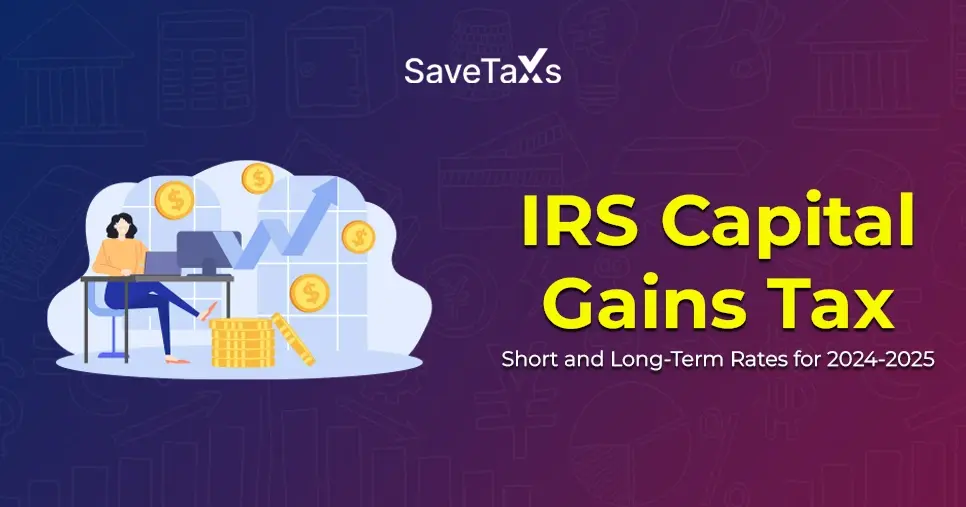
IRS Capital Gains Tax: Short and Long-Term Rates for 2024-2025
Read More
Want to read more?Explore Blogs
No matter what your source of income is, we've got you covered. There’s a plan for everybody!
All domestic corporations are required to file Form 1120, even if they don't have any taxable income, unless they are eligible for exemption under IRS code Section 501. It includes:
Several variations of Form 1120 apply to certain entities, like:
Corporations must report the following on Form 1120: